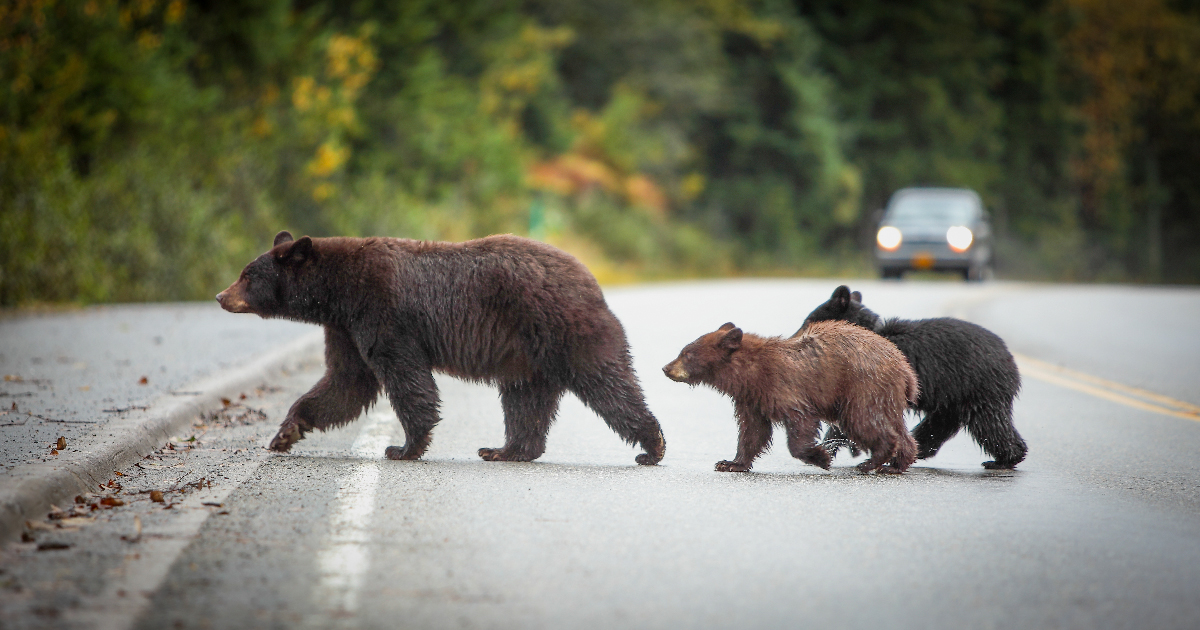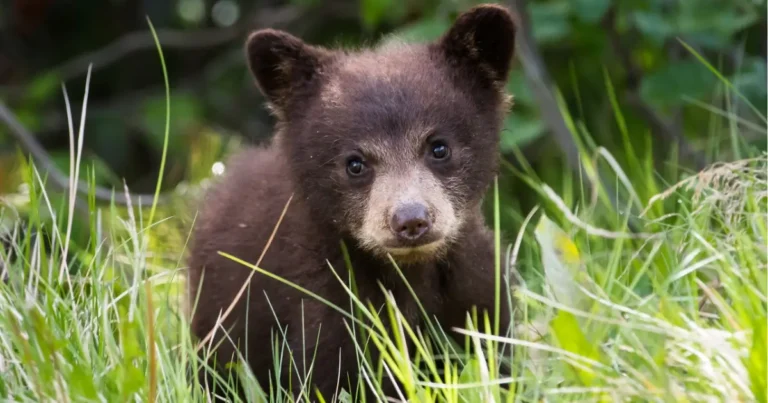
The government of British Columbia wants to know what you think about wildlife and habitat-related issues, and we at The Fur-Bearers want you to speak out, loud and clear.
The online tool was launched last week, and its function explained by the government as: “…to open a discussion among Indigenous peoples, rural communities, wildlife organizations, natural resource development industry stakeholders, and the public so together we can identify ideas on ways to improve the way we manage wildlife and their habitat.”
It is an excellent opportunity for the Ministry of Forests, Lands, Natural Resource Operations and Rural Development to see comments from the multitude of users who often are left out of these conversations: hikers, birds watchers, dog walkers, photographers, and other nature lovers.
There are eight “challenges” listed, some of which are more directly related to The Fur-Bearers’ mandate than others. Our suggested comments reflect those that are closest to our areas of expertise. You can go straight to https://engage.gov.bc.ca/wildlifeandhabitat/ to start commenting, or you can check below for some tips and comment ideas!
Writing Tips
- Be polite and to the point.
- Use citations whenever possible and do not rely on hyperbole.
- Offer solutions to problems or conflicts.
- Avoid making arguments political or personal. Present information and explain why it’s beneficial to all.
Challenge 2: Increasing Involvement and Shared Stewardship
- Consumptive users and lobby groups from the hunting and trapping communities are a small fraction of British Columbians and outdoor recreationists but are often the only groups at the table.
- Non-consumptive users have just as much stake in how wildlife and habitat are treated and should be represented proportionately.
Challenge 3: Declining Wildlife Populations
- Increased monitoring is an absolute must. Partnerships with universities, First Nations or Indigenous groups, and other non-government organizations can provide the workforce if the government provides the oversight and funding.
- Wholistic ecosystems approaches need to be considered – including the impact industry is having. Quick fixes and “management” of individual species is not effective in the long-term.
- The precautionary principle should be applied when uncertainty exists in high volumes.
- Science-based decision making does not mean ethics have no place in discussions.
- Government science should be open to the same review and publishing processes as external research to ensure accountability.
Challenge 4: Increasing Human Activity
- Increased enforcement of human activity, including hunting and trapping, recreational use, and industry use in natural areas will assist in preventing conflict.
- Recognize that hunting and trapping are no longer the only reasons people are outdoors – and policy should reflect this.
Challenge 7: Human-Wildlife Conflicts
- Appropriate funding must be made available to municipalities for educational initiatives.
- Municipalities should be encouraged to create local wildlife feeding by-laws and other by-laws for education and enforcement purposes at the local level.
- The Conservation Officer Service and FLNRO’s enforcement agents must be proactive in ticketing and issuing fines both before and after conflict occurs.
- Increase the use of wildlife corridors over or under highways and major roadways.
- Institute third-party oversight of enforcement.
Challenge 8: Funding
- Many issues facing wildlife and habitat are human-created, and we have an ethical responsibility to address them.
- Funding can be diverted from regular tax base, as well as use charges, including consumptive use (hunting, fishing, trapping, industry) and access charges.
- Increased use of fines as an enforcement tool can help to create revenue streams and reduce needs for services through education.
pleaseclick hereand help us save lives today.

